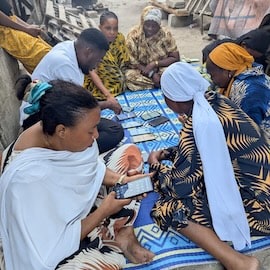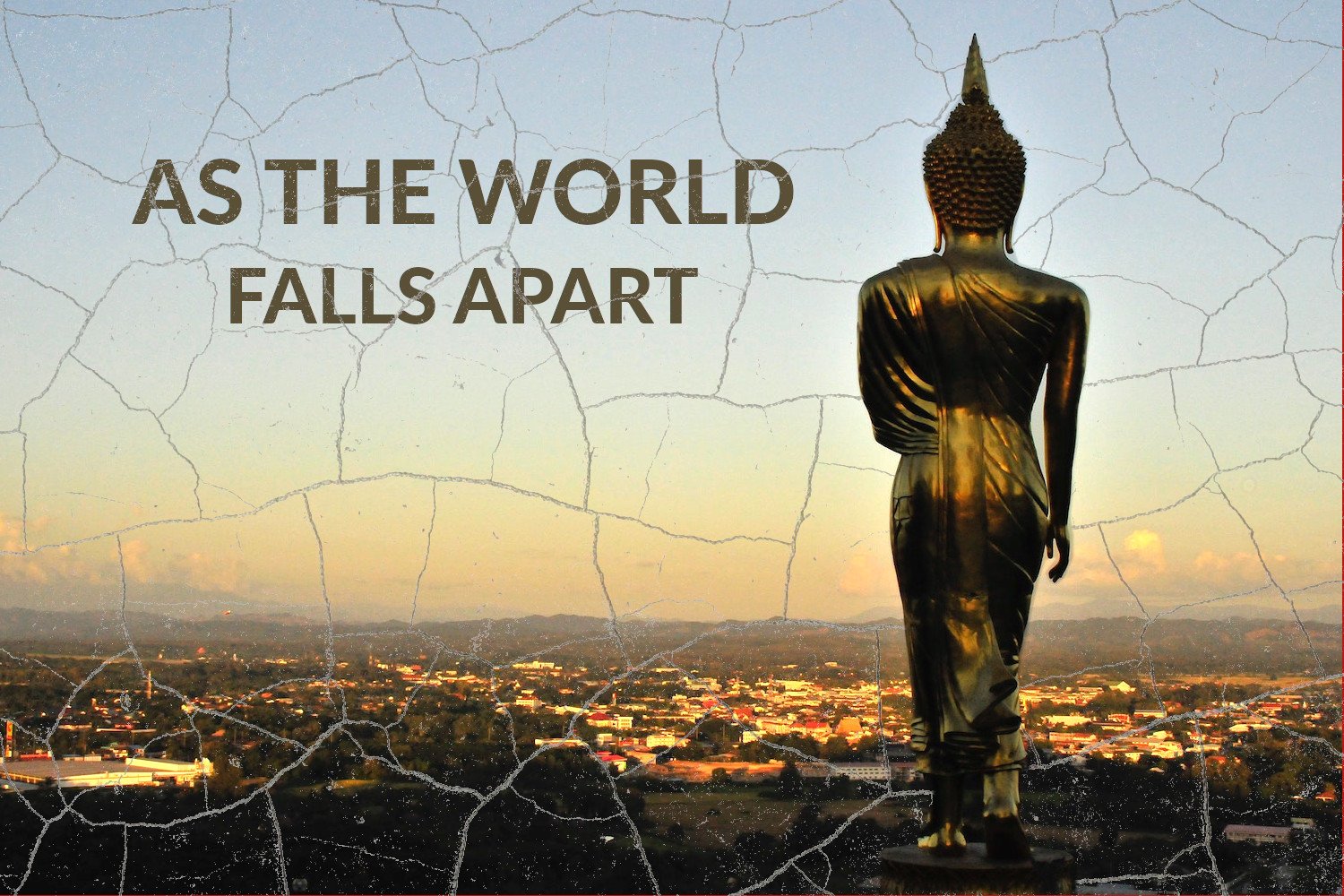By MIKE MAGEE
When Andrew Jameton, a Nursing Professor at the Department of Mental Health and Community Nursing at UCSF in 1984 published “Nursing Practice: The Ethical Issues”, the term “Moral Distress” was a novel term in clinical health care. It focused primarily on “care that they were expected to provide but ethically opposed.”
Over the past four decades, the definition has expanded and now encompasses the “inability to provide the care that one feels morally compelled to provide.” Beyond its’ impact on individual health professionals, it has growing health policy implications, explosively reverberating in the wake of the recent Dobbs decision.
There are approximately 1600 health care facilities nationwide that provide abortion care in the U.S. In the wake of the Dobbs decision overturning Roe v. Wade, 14 states have near complete bans on all abortions and this reproductive care is severely restricted in an additional 11 states “with few or no exceptions for maternal health or life endangerment.”
The impact of these rulings has created not only a moral dilemma for health professionals, but also intense legal jeopardy. As one Tennessee Obstetrician recently put it, “There are weeks when I commit multiple felonies.”
There now exists a validated psychometric tool to measure the mental health impact of the Supreme Court’s actions called the Moral Distress Thermometer(MDT). Experts recently surveyed 310 practicing clinicians involved in women’s reproductive health care, with a focus on comparing moral distress in those from restricted versus unrestricted states. What they reported in JAMA was that those in restricted vs. protected states had scores on the MDT that were more than double their comparators.
As one might expect, high scores on the MDT also correlate with higher rates of job burnout and attrition. This means lower rates of abortion care, but also a smaller maternal health workforce overall. This is in states that had already been lagging behind in access to obstetrical and reproductive health care in general. Clinical shortages are expected to rise in the months approaching an historic Presidential election.
Project 2025’s agenda for future women in America is much more expansive and aggressive than restriction of abortion alone. Trump’s denials aside, his selection of JD Vance as a running mate signals an intent to thoroughly engage in restriction of women’s reproductive rights in allegiance with a Supreme Court that appears equally committed.
With that in mind, the massive response to the Harris-Walz ticket appears to be offering a response that appears to be go well beyond simple “weird” labeling. Those words are a promise to each other, “We’re not going back.”
Mike Magee MD is a Medical Historian and a regular THCB contributor. He is the author of CODE BLUE: Inside America’s Medical Industrial Complex. (Grove/2020)
Publisher: Source link






